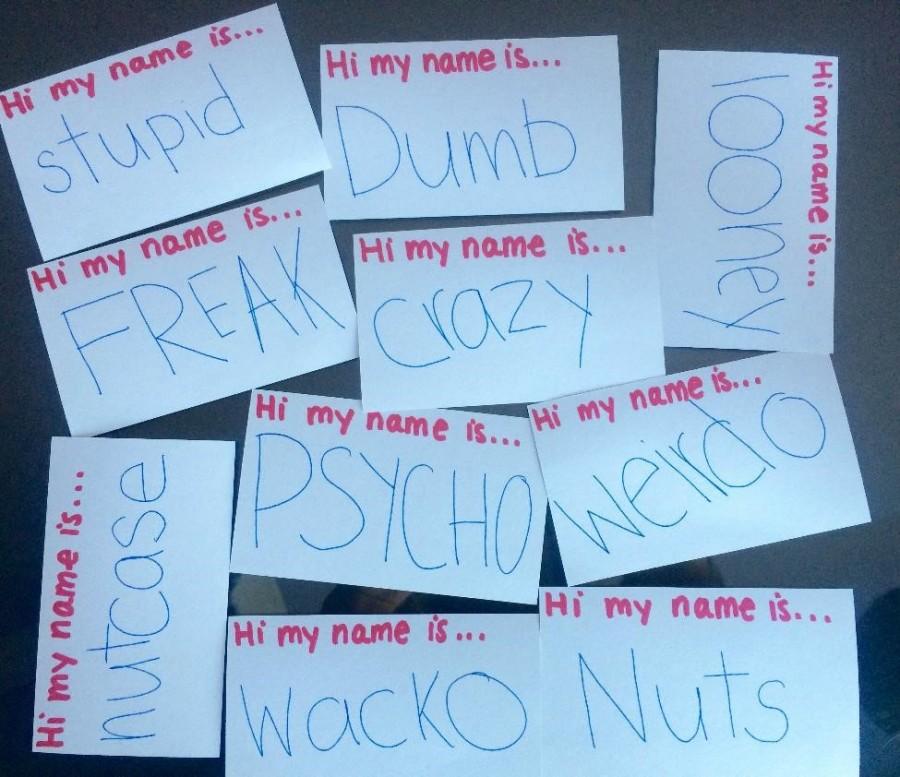A mission to end the stigma
Trending topics emerge daily on Twitter; so, when #BellLetsTalk started to trend on Jan. 28, it seemed no different than any other hashtag. However, #BellLetsTalk has a deeper, more important meaning than most Twitter trends. The Bell Let’s Talk campaign is dedicated to encouraging people suffering from mental illness to seek treatment and attempts to end the stigma of mental illnesses.
On Jan. 28, the Bell Let’s Talk campaign offered to donate five cents to mental health initiatives in Canada for every text, call, tweet, and share. According to Bell Let’s Talk, there was a whopping 122,150,772 texts, calls, tweets and shares. This translated into $6, 107, 538.60 to be donated to mental health initiatives. The money will greatly benefit mental illness patients by providing places for them to talk and get help. More importantly, however, it takes a ground-breaking step in ending the negative stigma of mental illness.
Generally, when people hear the term “mental illness” they automatically think of negative words. Sophomore year, when I took a Health class, I remember when we started the mental illness unit. My teacher had us come up with words that automatically popped into our heads when we heard the words “mental illness.” Some of the words used were “crazy,” “nuts,” and “insane.” I could not help but think how unfair it is to stereotype all mentally-ill people with these hurtful words. The Bell Let’s Talk Campaign has a mission to prove that mental illness is no different than having the flu, for example. It has to be evaluated and then properly treated.
Junior Anne Marie Giroux commented that it’s very unfair to label people with mental illnesses.
“It’s not right to stereotype mentally ill people,” said Giroux. “[Mental illness] has always been so misunderstood in society.”
Giroux is not the only person taking a stand against mental illness. High-profile people, such as Detroit Red Wings head coach Mike Babcock, are also stepping up to the plate. A supporter of #BellLetsTalk, Babcock invited reporters into his home to specially address mental illness. In a video, Babcock explained the importance of seeking help for mental illness. Babcock also stressed how mental illness and mental toughness are in no way the same thing. Athletes can still perform at high levels if they seek treatment. [WATCH VIDEO HERE: http://www.tsn.ca/video/bell-let-s-talk-babcock-joins-the-fight-1.193239]
The spokesperson of #BellLetsTalk, Clara Hughes, is an athlete herself. Hughes, a Canadian Olympic medalist, suffers with depression and is very dedicated to ending the stigma of mental illness.
In an interview with CBC Sports, Hughes admitted it was important for her to go public with her struggle with depression so she could hopefully inspire other people to get help.
“If I can talk about [my depression], maybe it’s going to open up some kind of dialogue and make people feel that it’s ok to go through things like this, it’s OK to ask for help, and it’s OK to talk about it,” said Hughes.
Hughes and the #BellLetsTalk trend inspired many people to take a second look at mental illness.
“I saw so many people tweeting [#BellLetsTalk],” said Giroux. “I checked out their website, and it’s definitely a worthy cause. The stigma [of mental illness] needs to end.”

